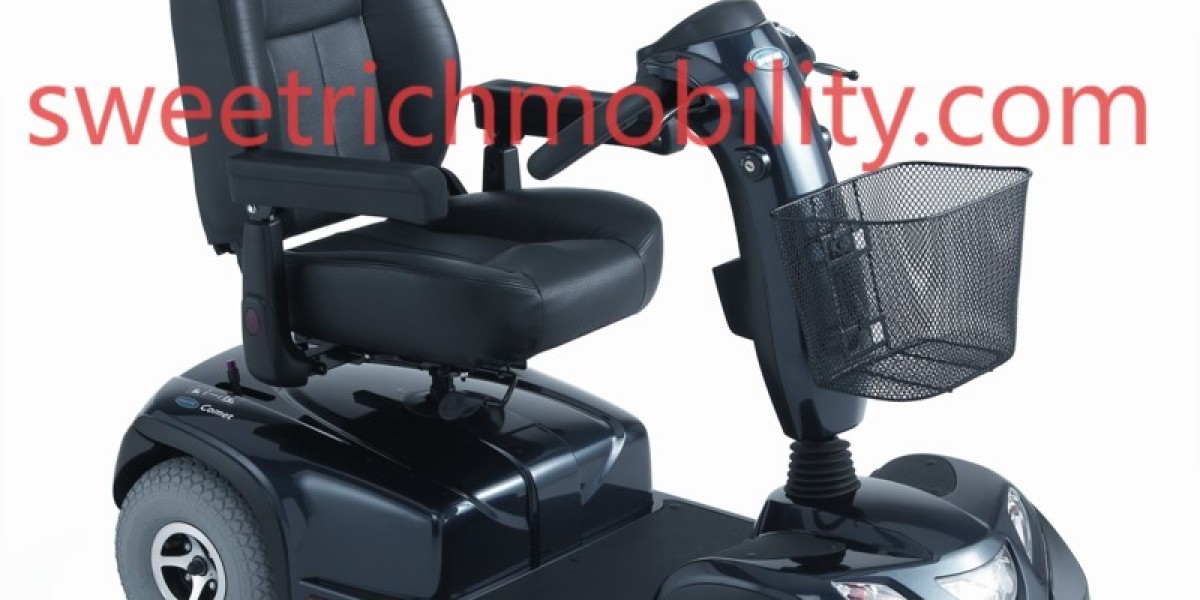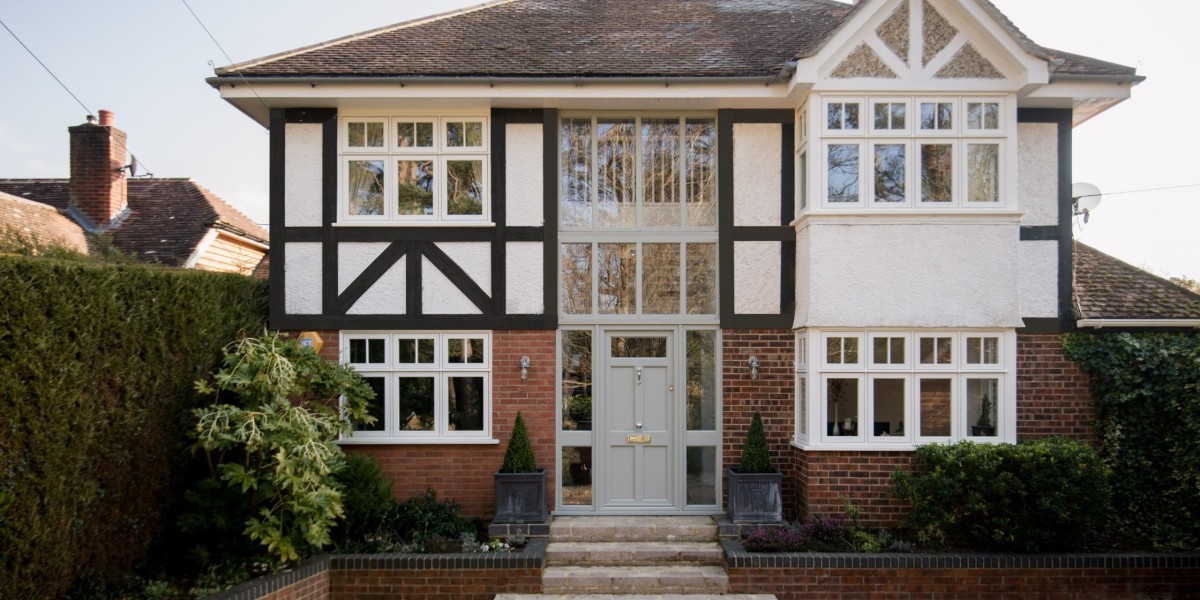In an age where portable design meets performance, the appeal of a Wholesale Portable Scooter lies not only in its form but also in the intelligence behind its framework. Compact, foldable, and ready for the city, today’s models reflect a deeper evolution—driven by smarter technologies, energy-conscious systems, and demand for adaptable transport. At the heart of this innovation stands Sweetrich, where mobility meets a new era of thinking.
Scooters used to be simple tools, valued for their portability alone. Now, however, they represent mobile ecosystems. Every element—from the throttle response to ride monitoring—is being reengineered through integrated smart modules. These developments empower users to navigate their environments with intuitive control. Real-time data tracking, adaptive braking, and app-integrated settings are now baseline expectations in many cities.
Battery systems form another key pillar of this transformation. Once viewed solely in terms of capacity, energy units are now being designed to think. They optimize power output depending on riding patterns and environmental conditions. A properly calibrated battery not only prolongs riding distance but ensures thermal safety, reduced maintenance, and lighter overall weight. By refining power density and enhancing charge cycling, manufacturers are building confidence into every ride.
Meanwhile, modular design allows for a future-proof user experience. Whether adjusting for height, terrain, or even user preference, today’s frame structures can evolve with minimal downtime. Instead of replacing an entire vehicle, users can switch out specific parts—wheels, seats, display panels, and control systems—depending on wear or upgrade needs. Sweetrich recognizes the importance of this model, not only for consumer convenience but for environmental sustainability through reduced waste.
Shared mobility has also introduced a cultural shift in how people interact with scooters. Instead of personal ownership, city-goers are embracing multi-user networks. For that reason, portability is no longer just about folding and lifting; it’s about ensuring equipment can withstand repeated handling while remaining lightweight. Anti-theft software, centralized maintenance updates, and system diagnostics enable every unit to perform reliably, regardless of who last used it.
From a manufacturer’s perspective, this new wave of design requires collaboration across disciplines. Engineers, industrial designers, and user experience teams must work in unison. Sweetrich has taken steps to embed this cross-functional thinking into every phase of development—from early prototype sketches to final assembly. This ensures that no innovation is treated in isolation. Instead, technology, comfort, and functionality evolve in tandem.
What separates today’s scooter models from past iterations is a shift in purpose. It’s no longer just about transport; it’s about freedom. Riders aren’t simply moving—they're connecting, adapting, and participating in a smarter environment. With sensors that detect terrain changes, frames that adjust in real time, and batteries that learn from your commute, even the shortest ride becomes an experience.
Sweetrich continues to shape this narrative through a product line that blends compact mobility with intelligent systems and sustainable engineering. Every product reflects a clear intention: to support the future of movement through efficiency, flexibility, and innovation.For more information about current product offerings, please visit: sweetrichmobility.com/product/ .








